17 Jul 2025
Feel free get in touch with us via email or social media.
© UEA. All rights reserved. University of East Anglia, Norwich Research Park, Norwich, Norfolk, NR4 7TJ, UK
Our Point-of-Care 3D Printing Workshop 2025
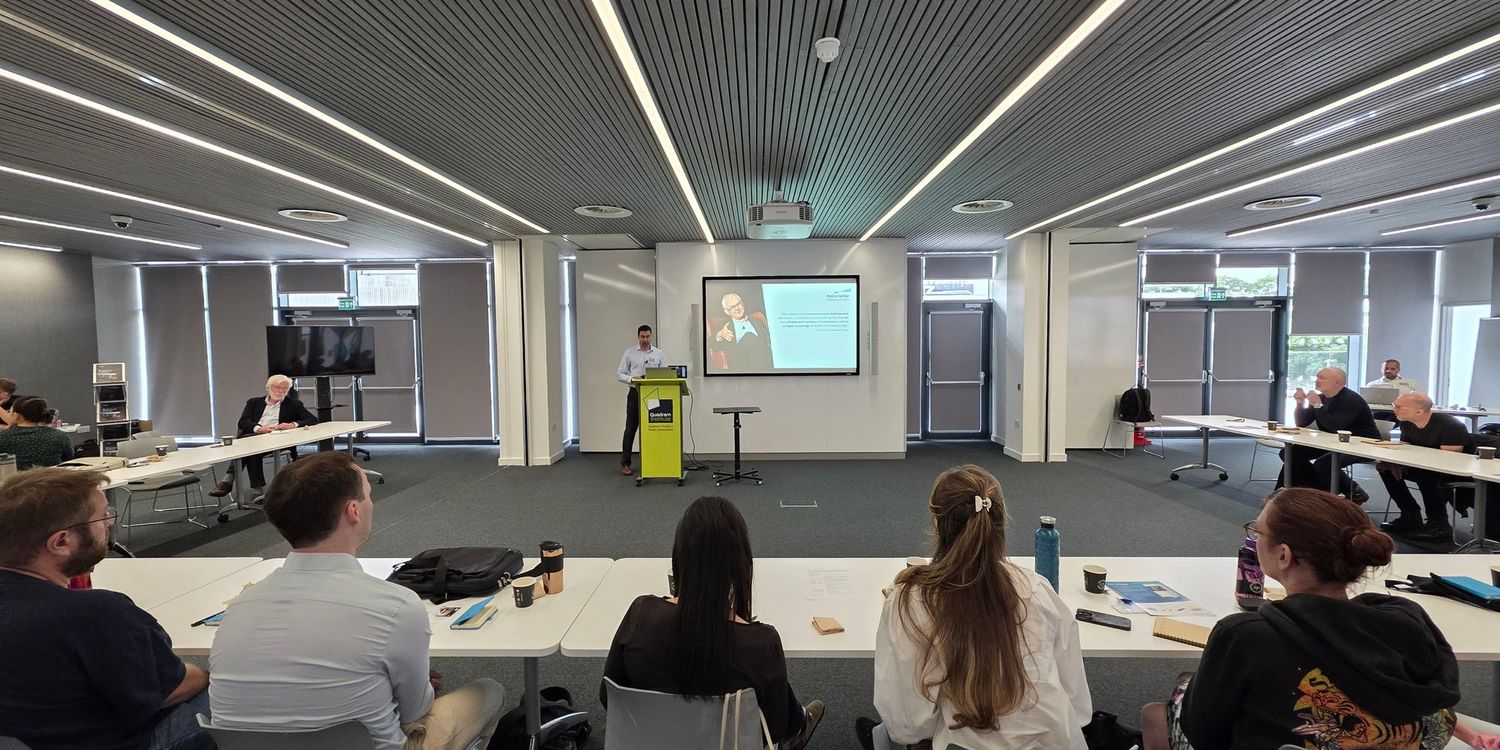
On June 23rd, we hosted the Point of Care 3D Medical Printing Workshop at the Quadram Institute, Norwich Research Park.
The event was free to all who attended, where we received over 50 responses to our registration form (and even had a few walk-ins).
It was sponsored by Arburg, Materialise, 3D Systems and Stratasys, and aimed to update delegates on the advancements of 3D medical printing, as well as improve learning about 3D medical printing and how it can improve patient outcomes, and how this technology can help to shape the future of modern healthcare services.
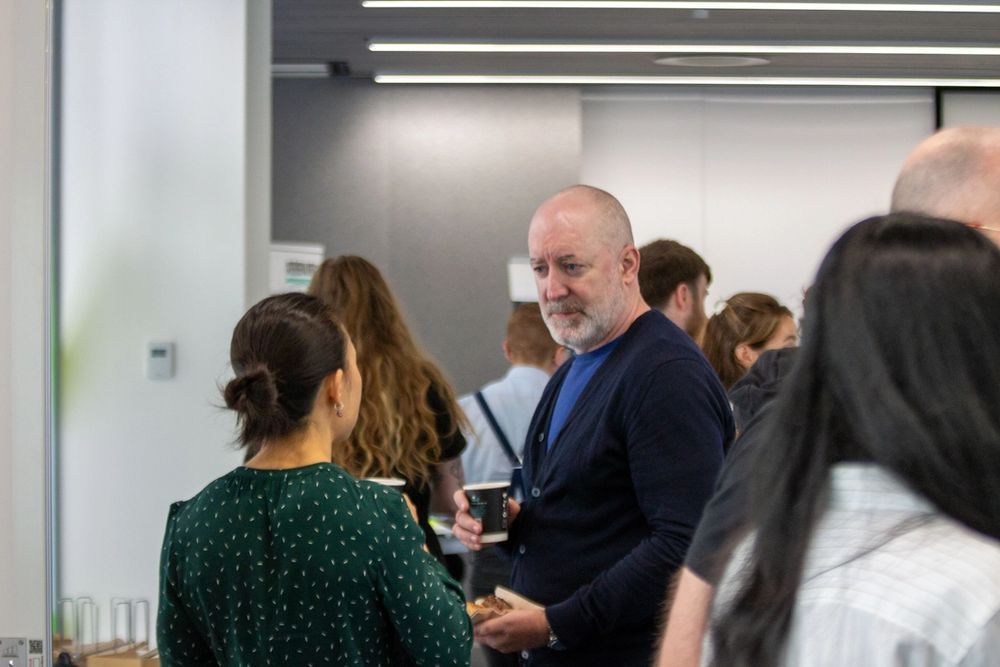
The morning began with Mojtaba Dorri, Specialist in Restorative Dentistry (Periodontology, Implantology, Prosthodontics, Endodontics), welcoming our delegates to the workshop and setting the expectations for the day.

The morning of the workshop consisted of several talks from all our sponsors, who all shared with us valuable insight into various areas of 3D Printing and its applicability in Point-of-Care and the NHS.
The morning talks began with Arburg, who presented a talk on “How can we Improve Healthcare by 3D Printing Certified Plastic Granules for the Medical Sector”.
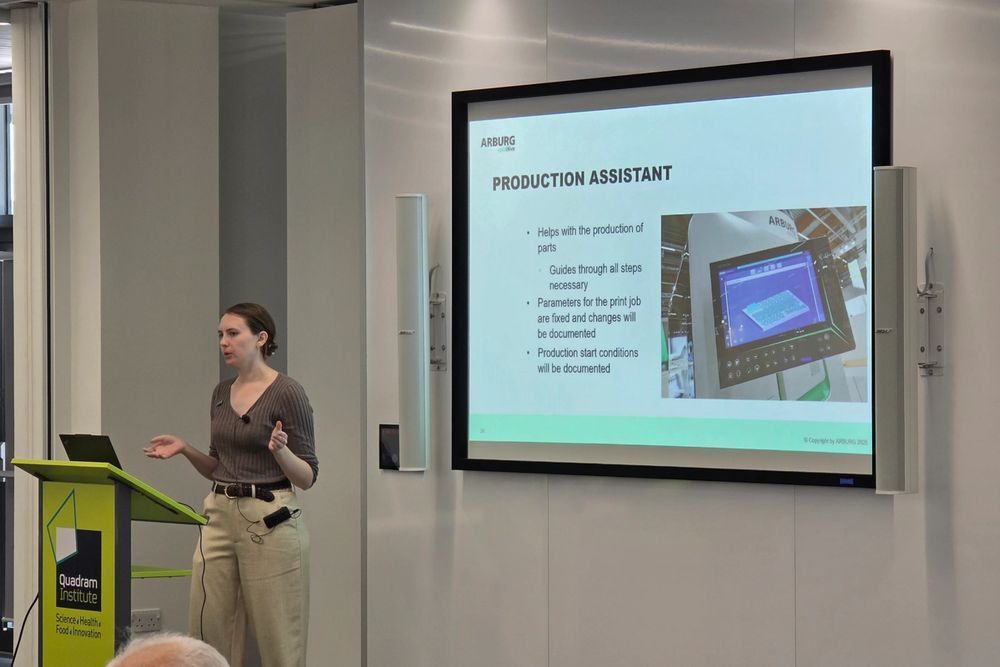
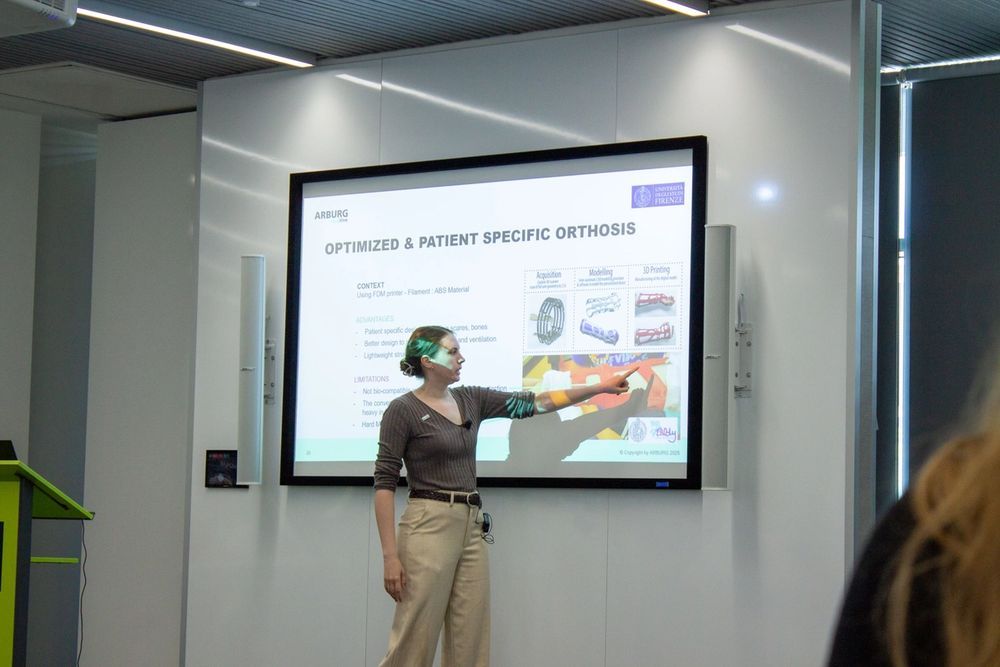
Arburg is a German machine manufacturing company that was founded in 1923 and is based in Lossburg, Germany. They use a combination of electric, hybrid and hydraulic plastic injection moulding machines, turnkey systems and industrial additive manufacturing systems.
The machines are used for plastic part production in industries such as automotive, communications and consumer electronics, medical technology, domestic appliances and packaging.
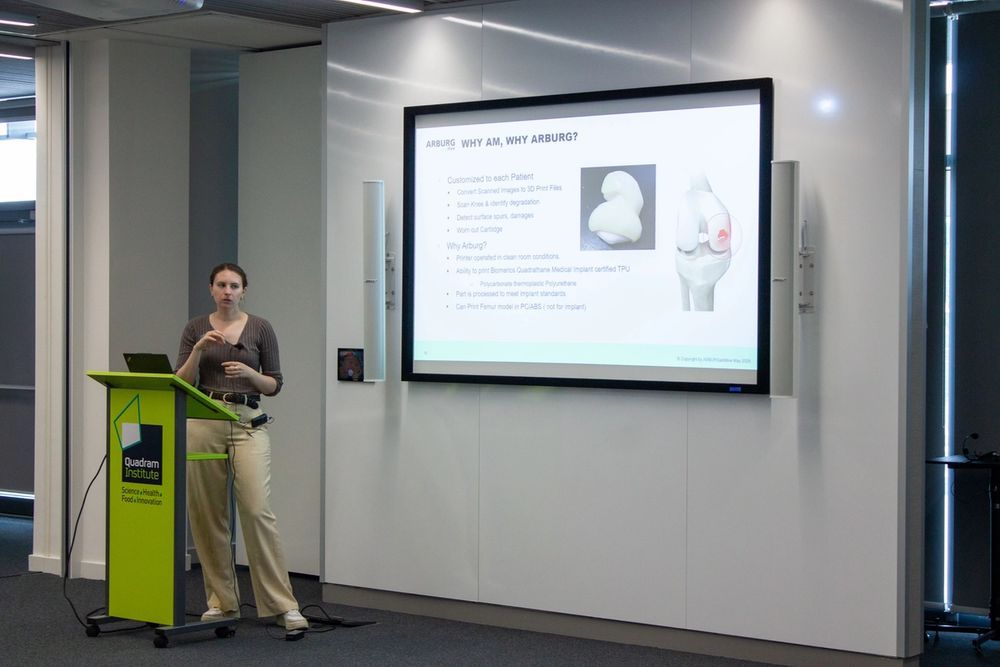
We were joined via video conference by our Keynote Speaker, Alessandro Tel, Consultant in Maxillofacial Surgery. Alessandro presented his talk on “Advances in Point-of-Care 3D Printing” to our delegates all the way from Italy.
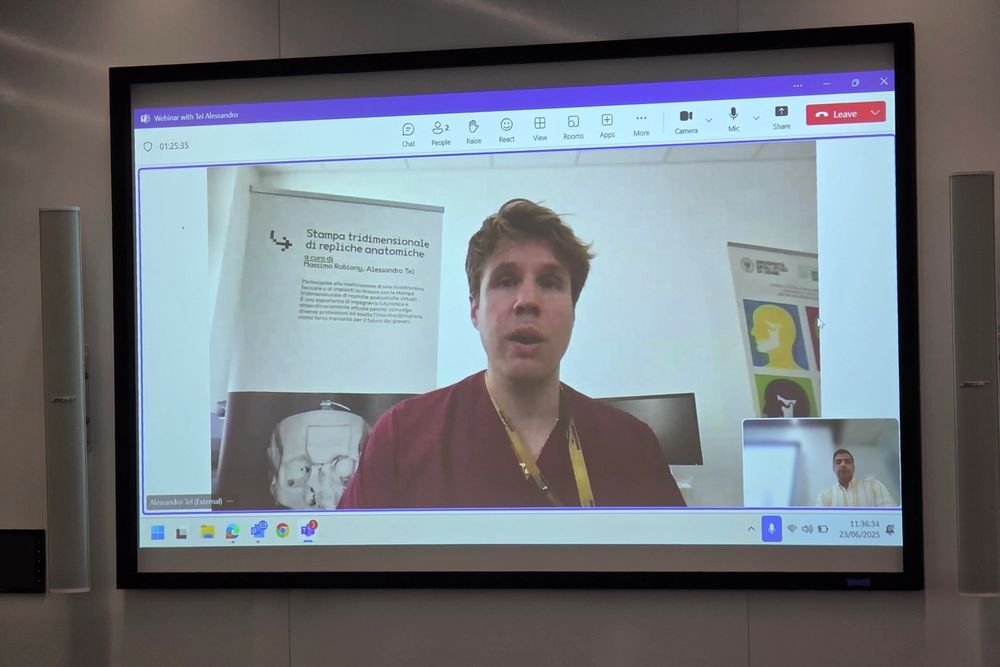
Alessandro also has a book, titled “Atlas of Virtual Surgical Planning and 3D Printing for Cranio-Maxillo-Facial Surgery”.
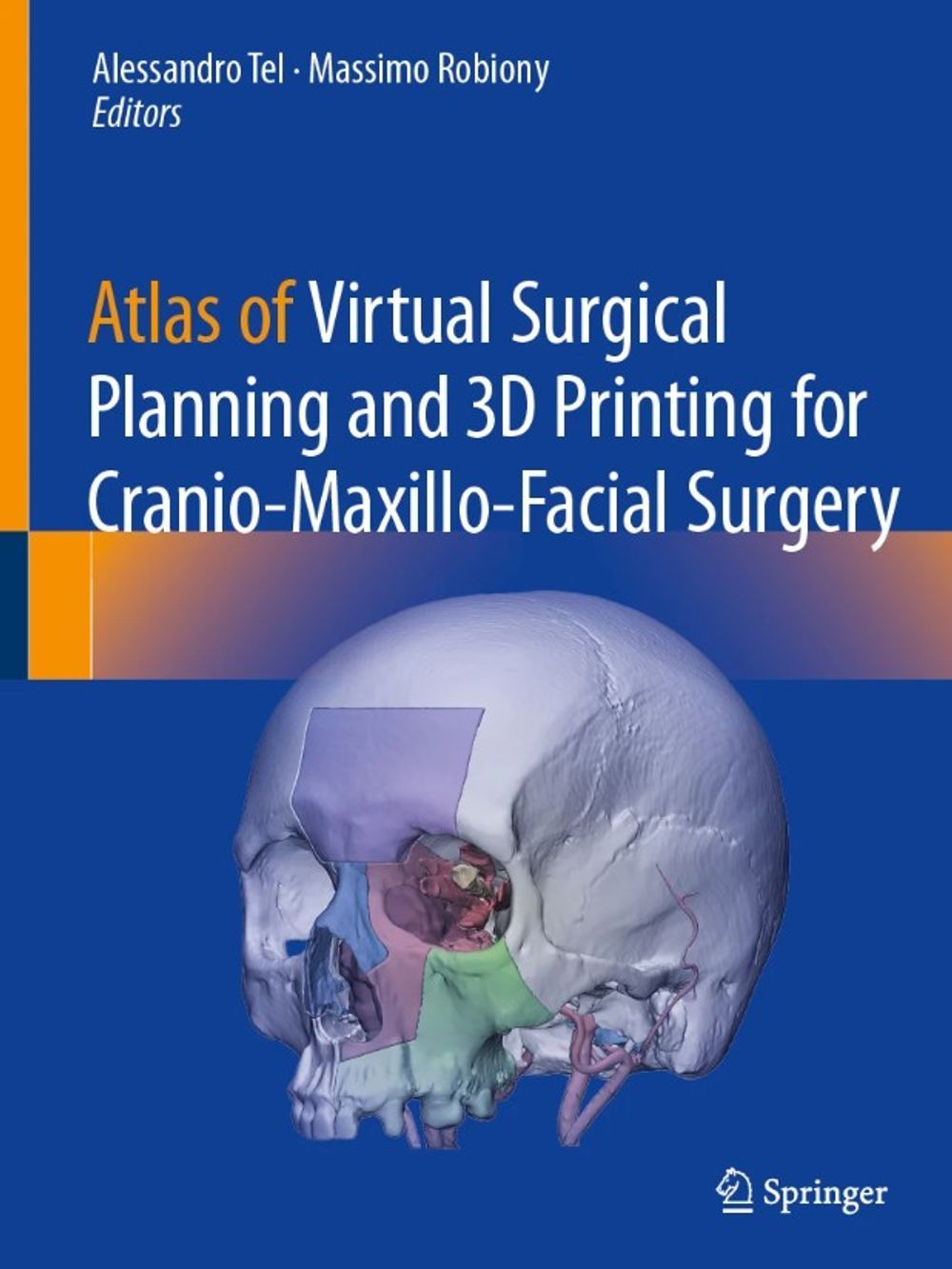
After a short refreshments break, the morning continued with talks from our sponsors.
3D Systems presented a talk on “PEEK Applications for Point-of-Care”.
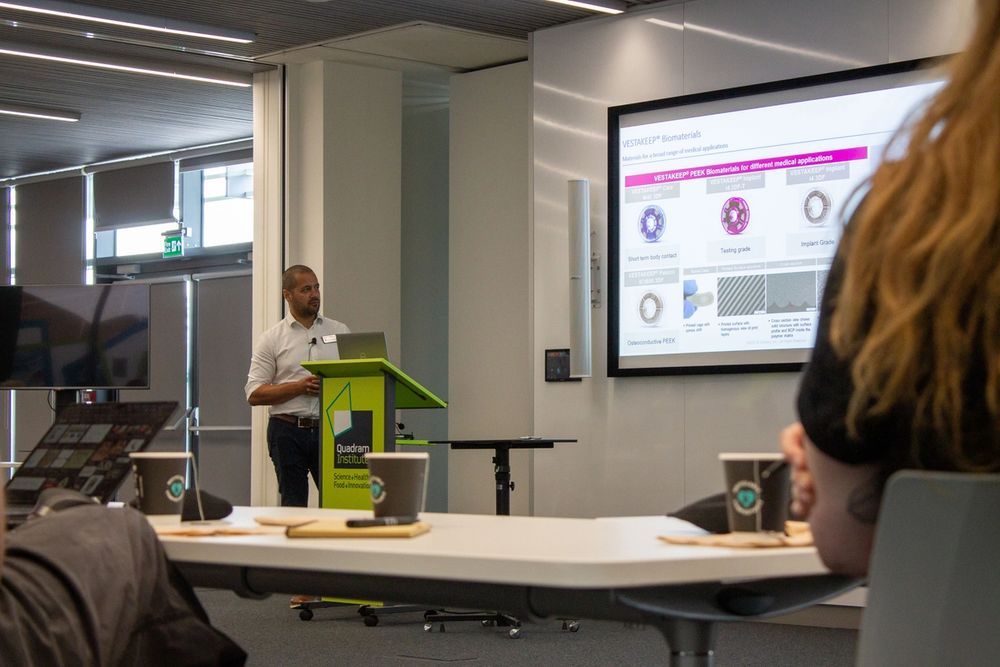
3D Systems is an American company based in Rock Hill, South Carolina. They engineer, manufacture, and sell 3D printers, 3D printing materials, 3D printed parts, and application engineering services.
The company creates product concept models, precision and functional prototypes, master patterns for tooling, as well as production parts for direct digital manufacturing.
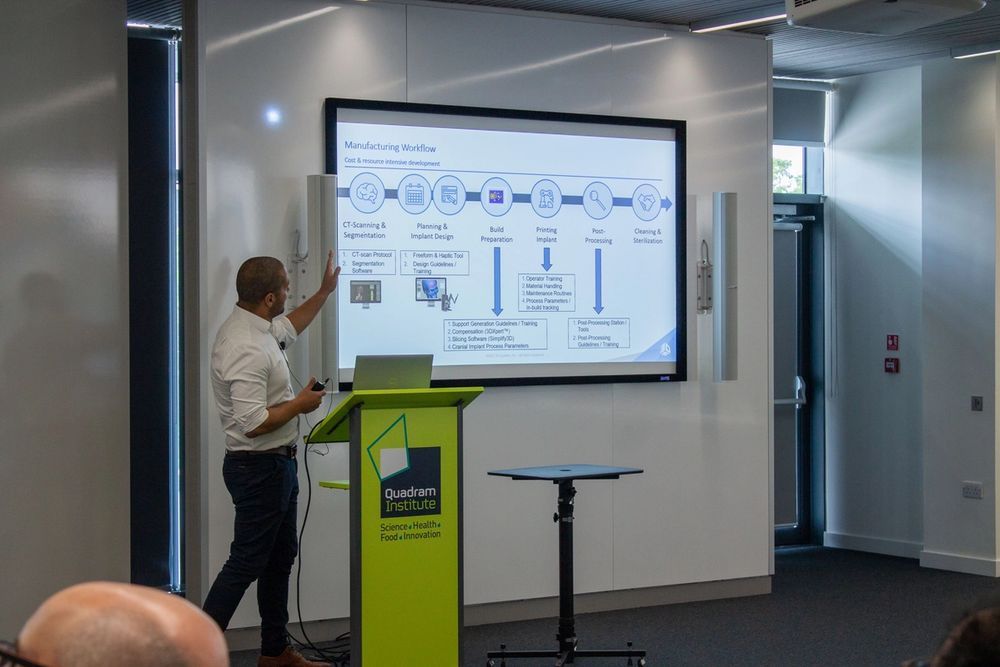
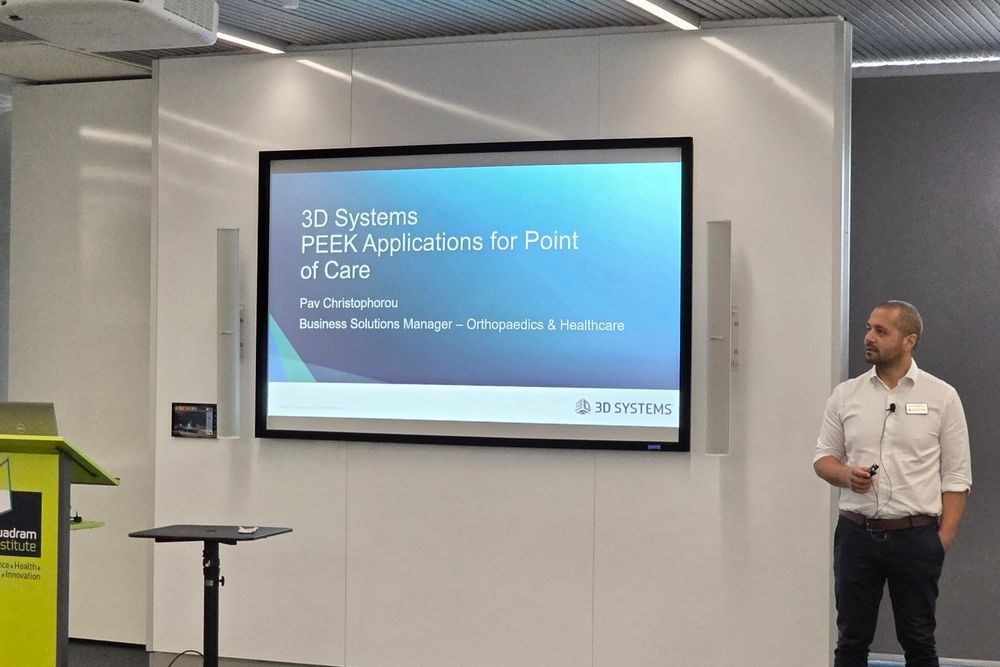
3D Systems’ technologies and services are used in the design, development, and production stages of many industries, including aerospace, automotive, healthcare, dental, entertainment, and durable goods. They offer a range of professional and production-grade 3D printers, as well as software, materials, and the online rapid part printing service on demand.
Stratasys provided us with a presentation on how to “Make Additive Work for You”.

Stratasys is an American-Israeli manufacturer of 3D printers, software, and materials for polymer additive manufacturing, as well as 3D-printed parts on-demand. Engineers use Stratasys systems to model complex geometries in a wide range of polymer materials, including Acrylonitrile Butadiene Styrene (ABS), Polyphenylsulfone (PPSF), Polycarbonate (PC) and polyetherimide and Nylon 12.
Finally, Materialise presented their talk on “Point of Care in the NHS”.
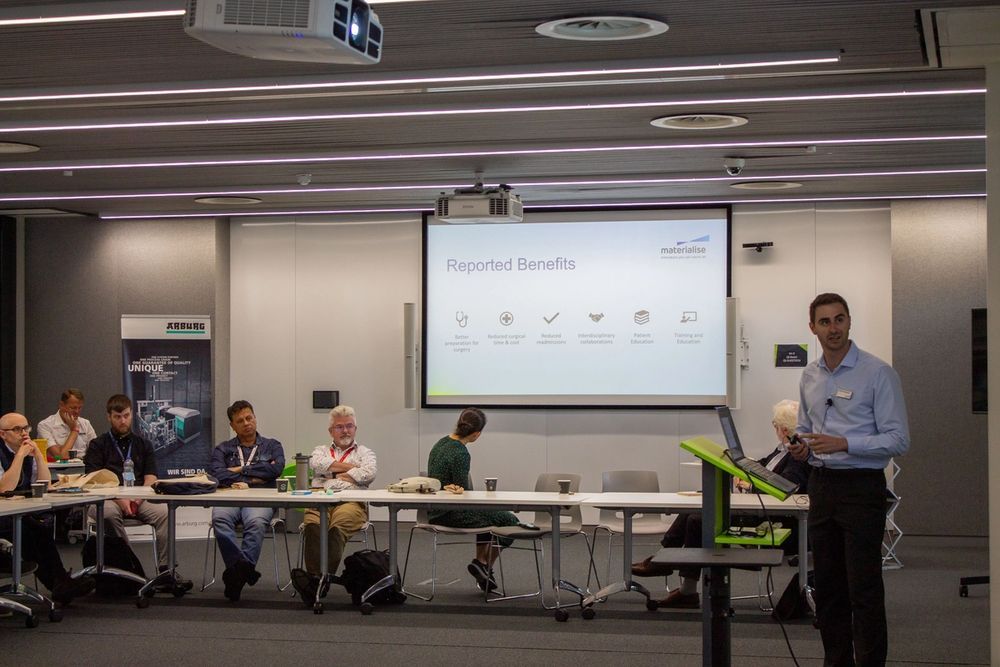
Materialise was founded in 1990 and is based in Leuven, Belgium. In1995, Materialise became the first company to produce 3D printed parts in more than one colour, specifically at this time for anatomical models produced using the stereolithography process to identify various parts of anatomy, such as nerves, blood vessels and tumours.
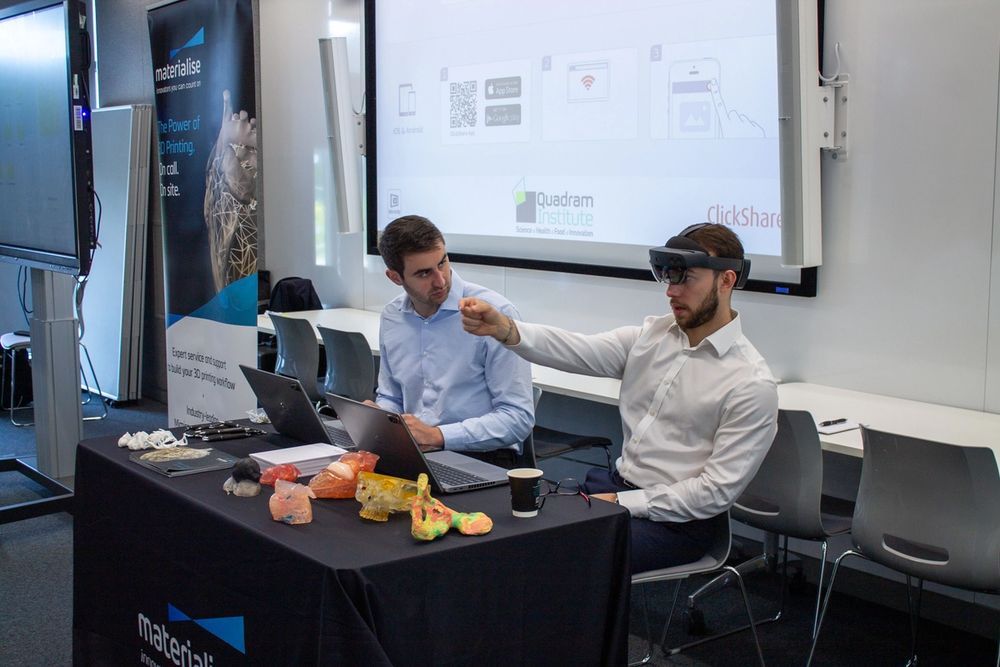
After the talks, we broke for a spot of lunch, which gave the delegates a chance to speak with the sponsors about 3D medical printing and the applications each organisation brings to the medical sector.
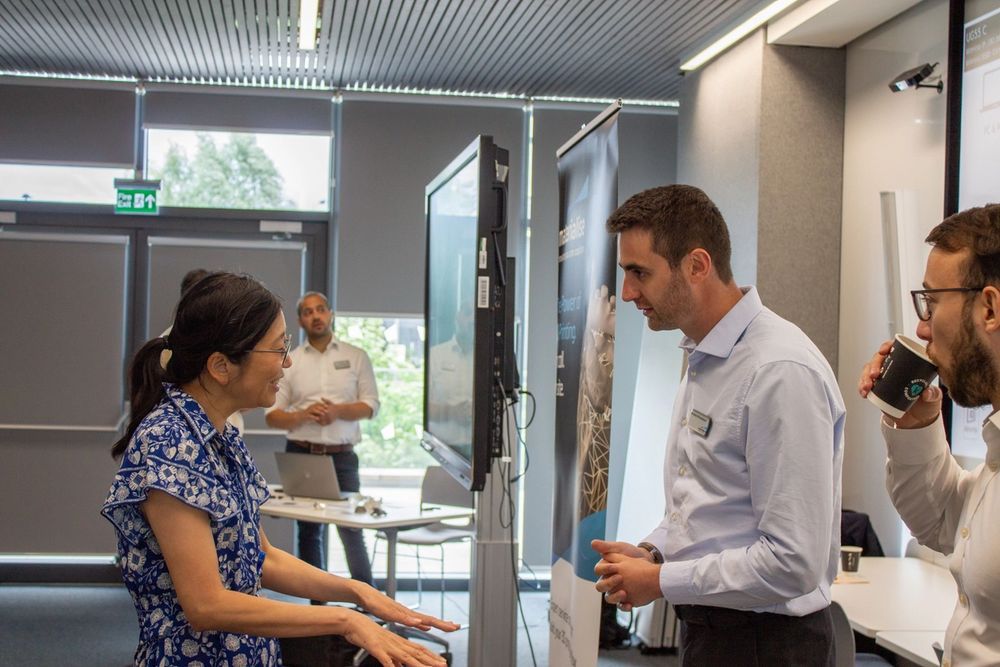
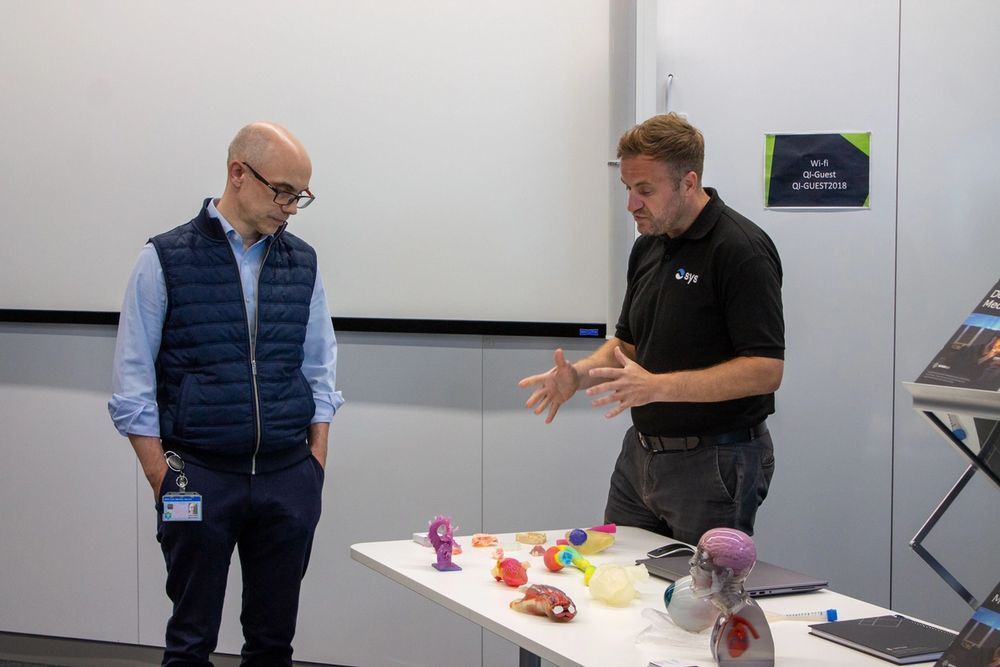
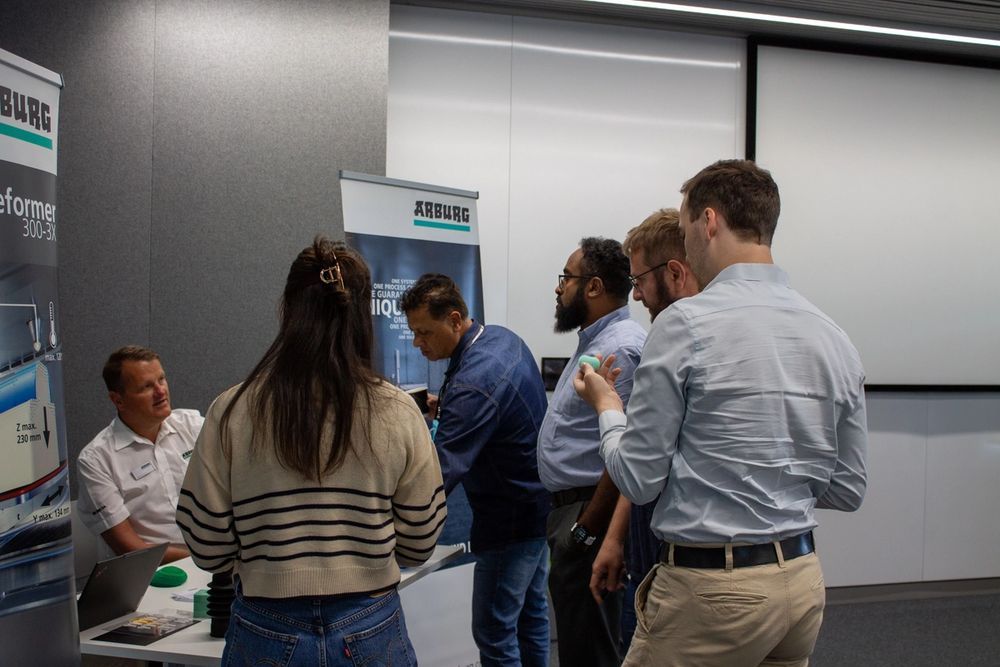
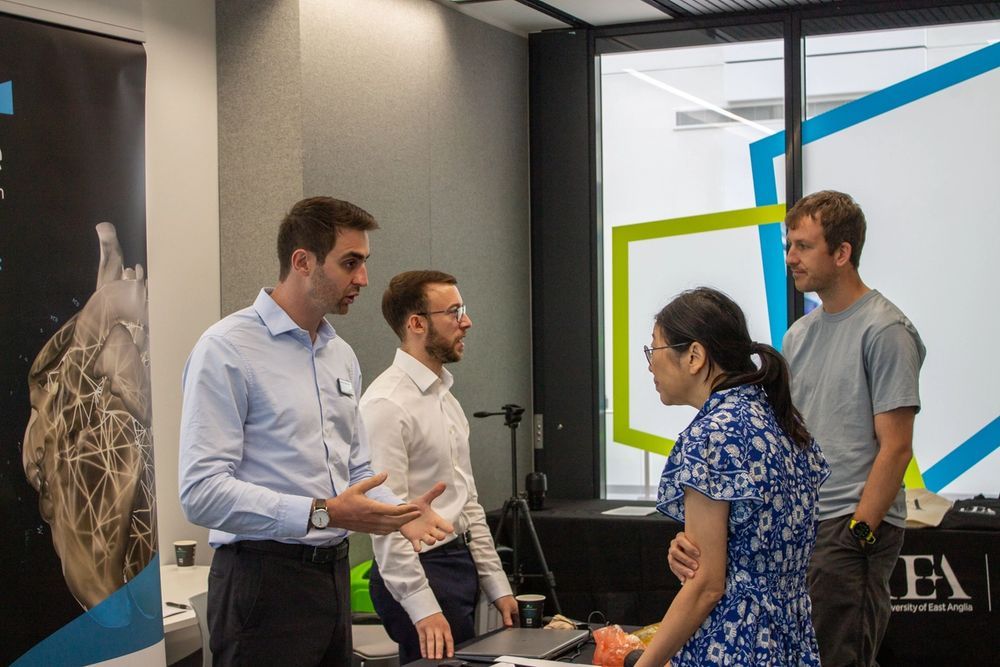
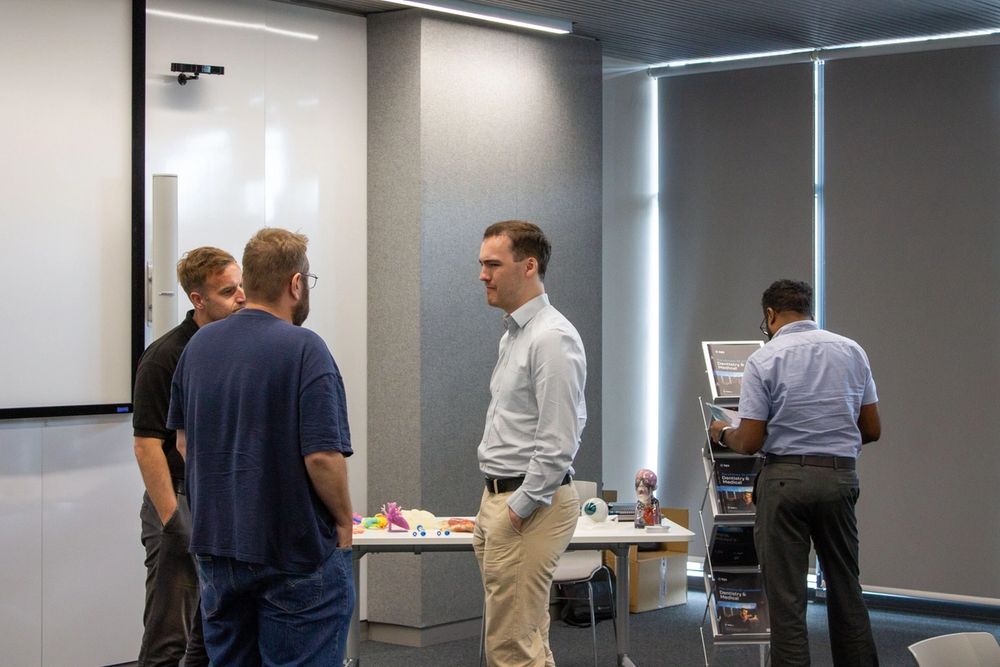
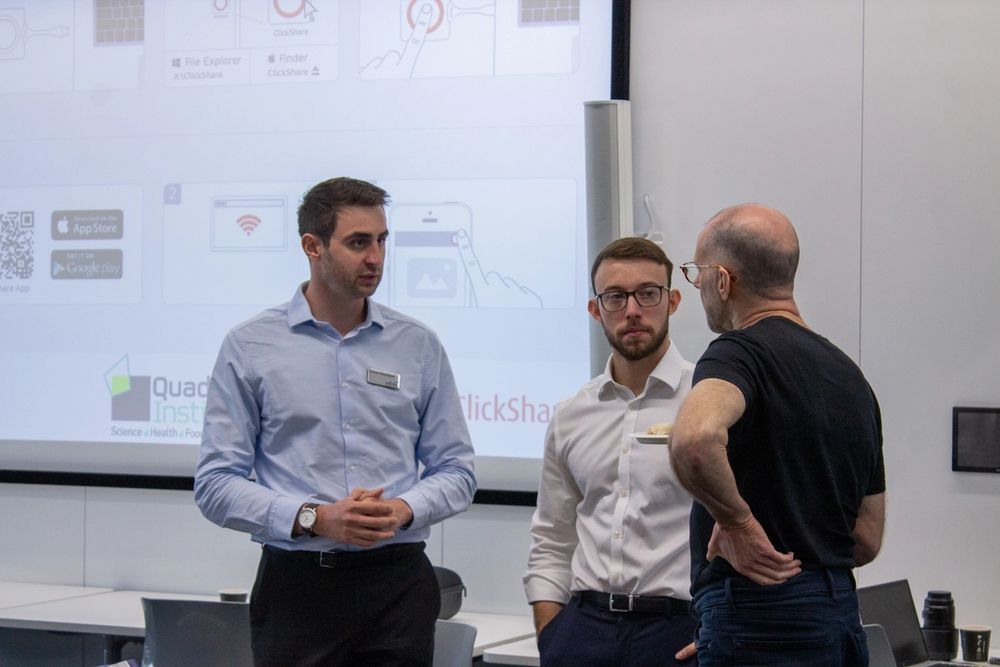
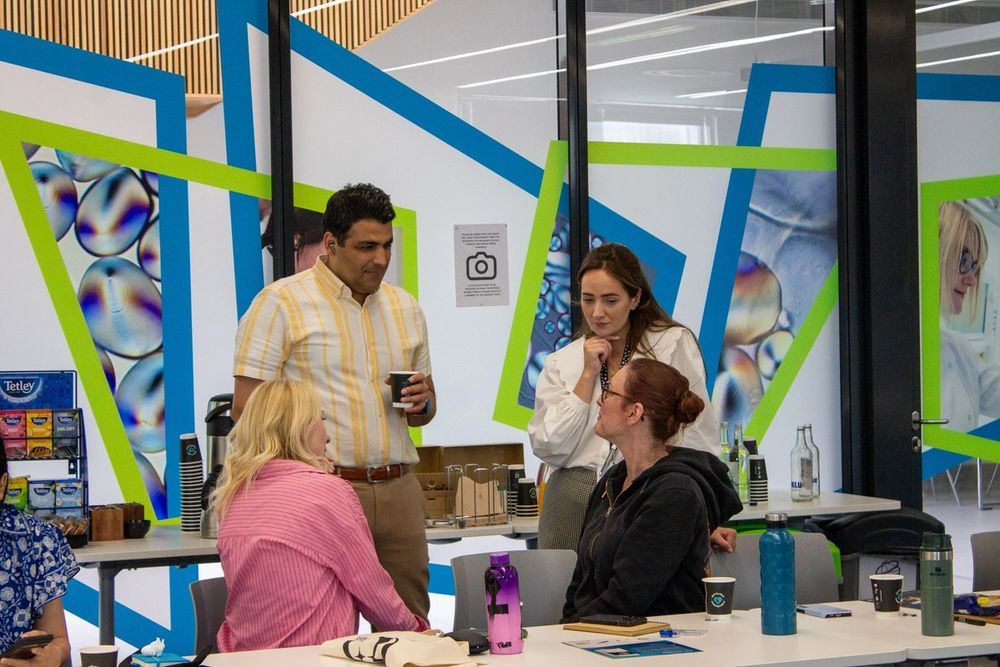
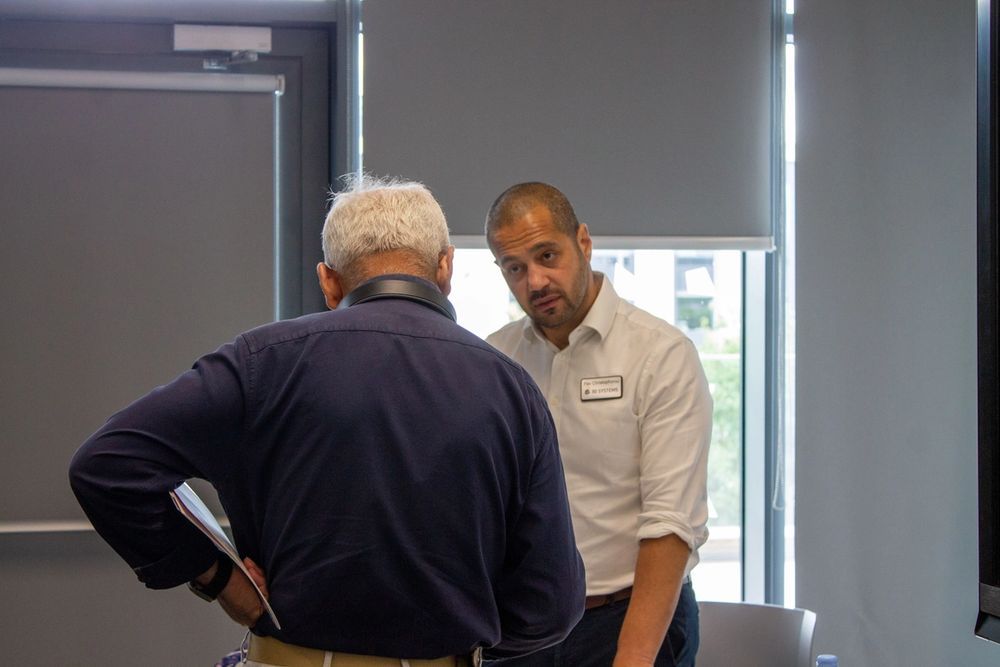
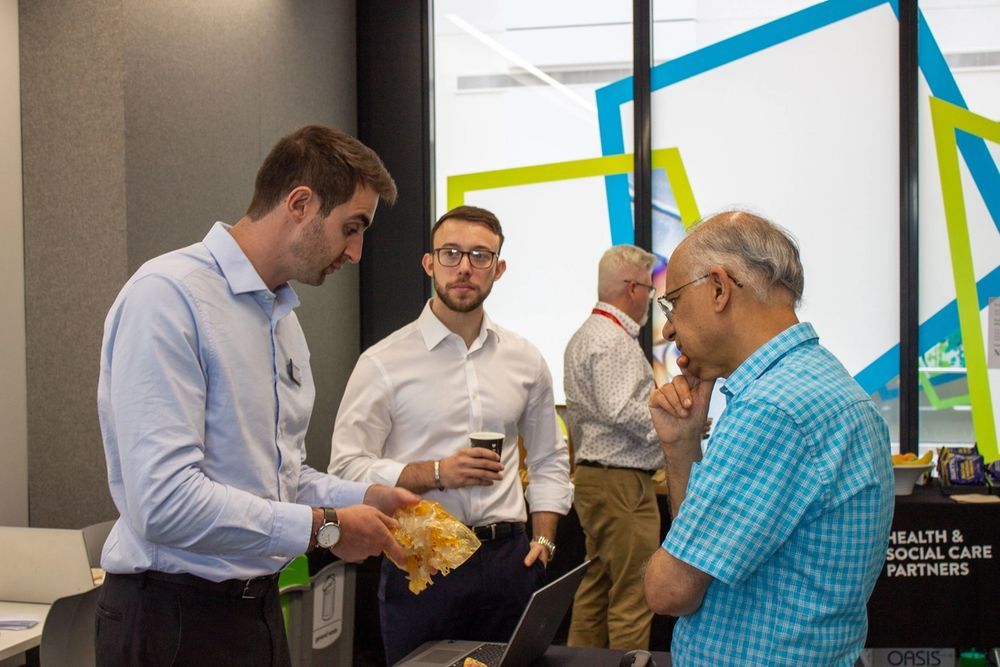
After lunch, Materialise led the hands on workshop, “Introducing to Digital Segmentation using Mimics”.
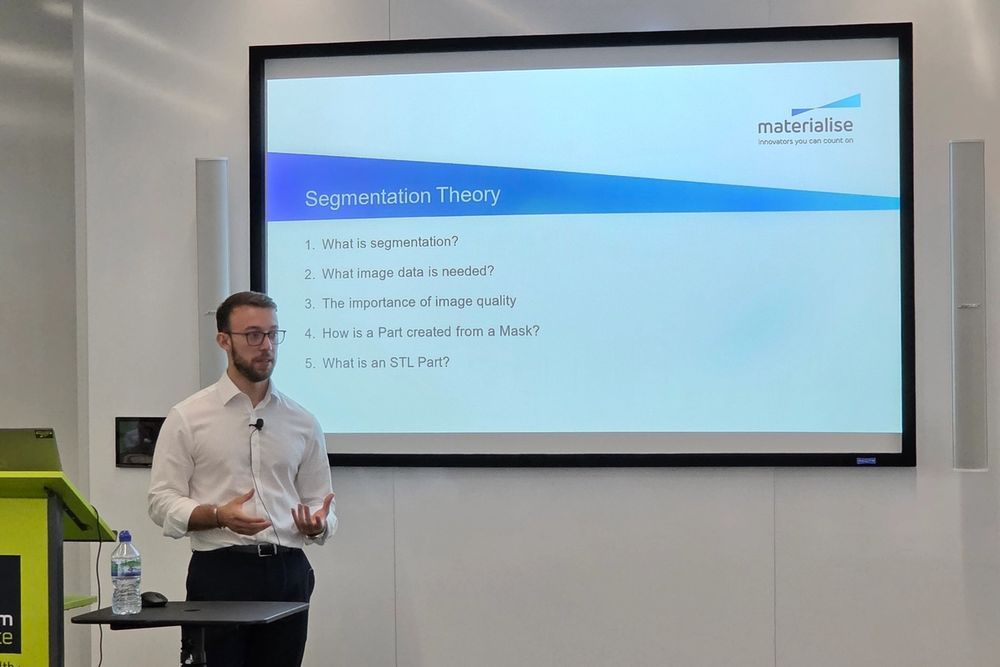
Mimics is an image processing software for 3D design and modelling, developed by Materialise. Delegates were encouraged to bring their laptops and chargers to the workshop as the program they would use was cloud based.
After a brief presentation on segmentation, the delegates were provided a login to access the cloud-based software and begin making changes to a digital skull and adding materials to it.

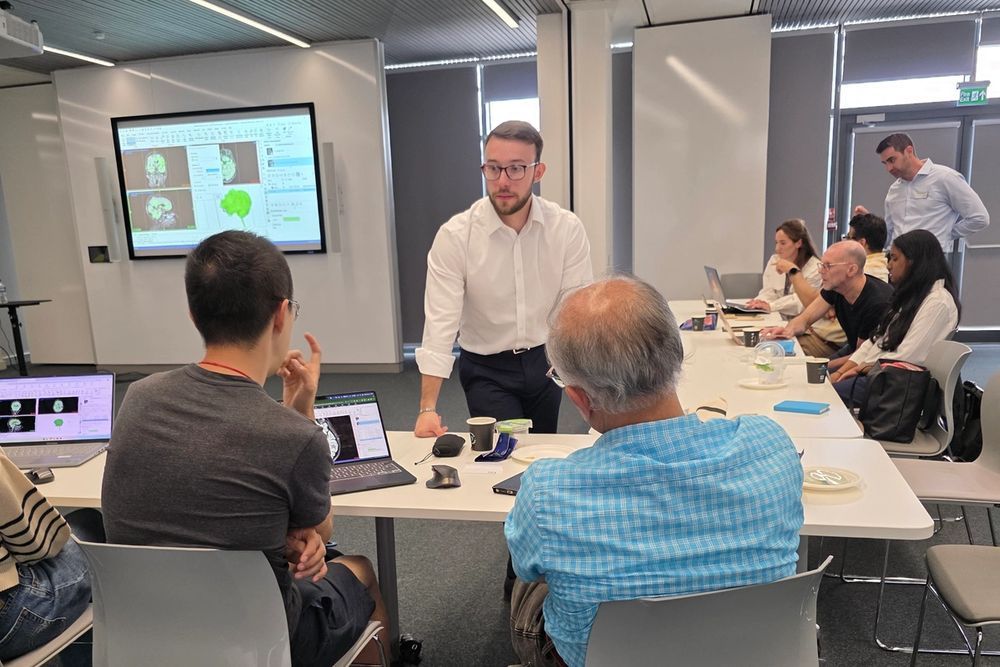
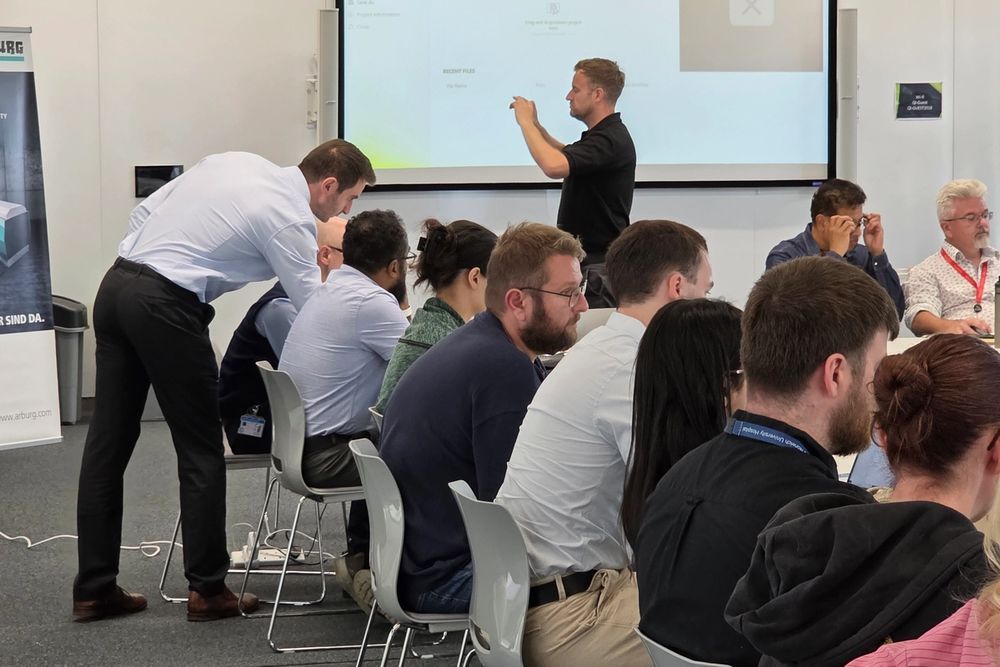
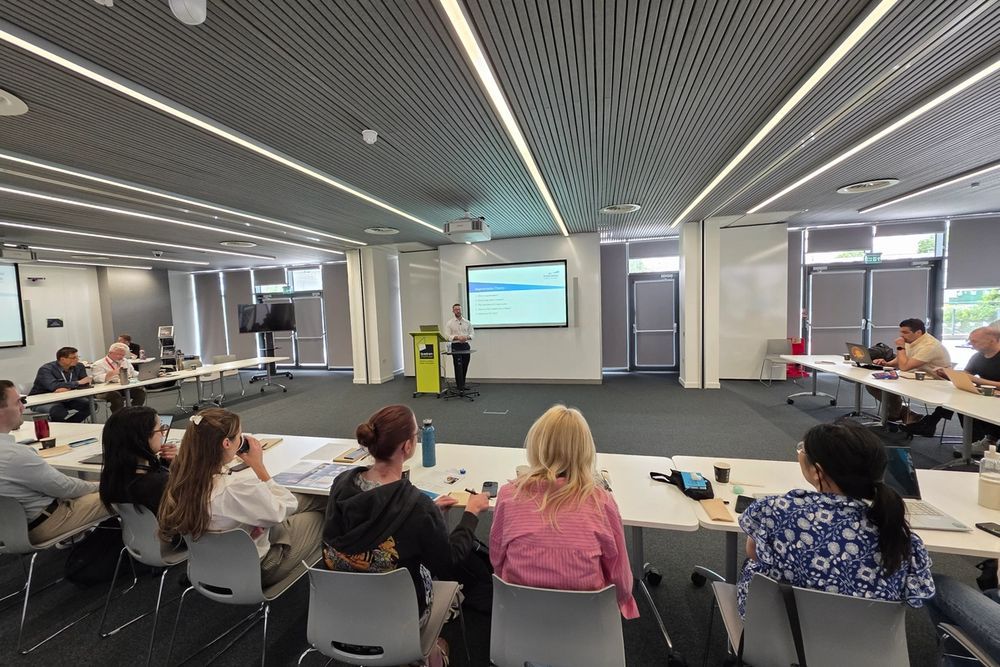
We wanted to take this time to thank everyone who attended the workshop. We hope the experience was informative and enjoyable and we hope to see you at our next event.
To keep up to date with everything happening within UEA Health and Social Care Partners, such as news, reports from project and research group leads and events, you can subscribe to our newsletter by clicking the subscribe button at the bottom of this page.
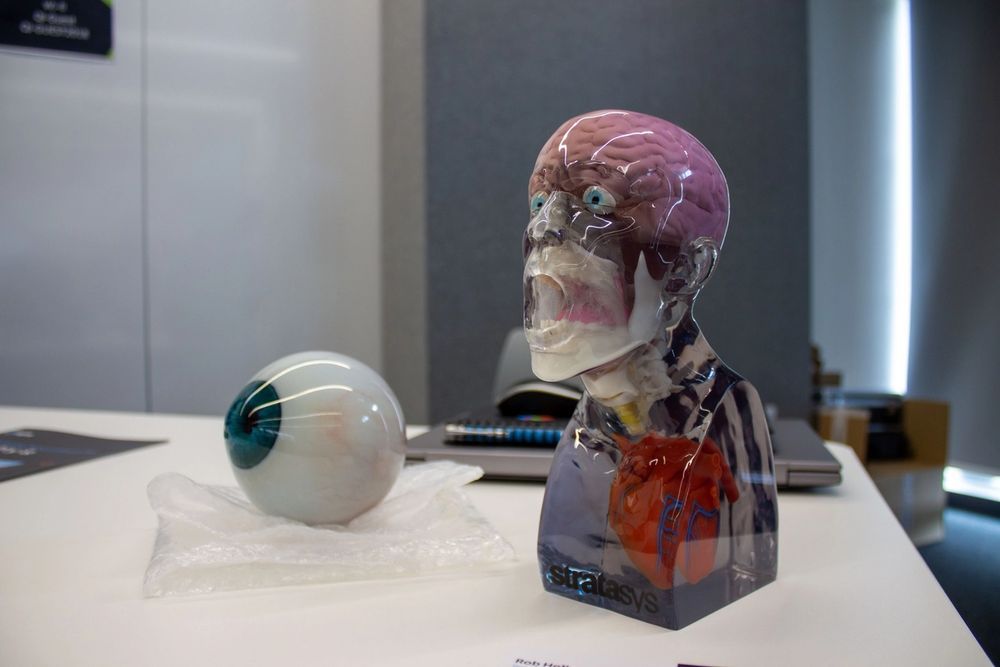
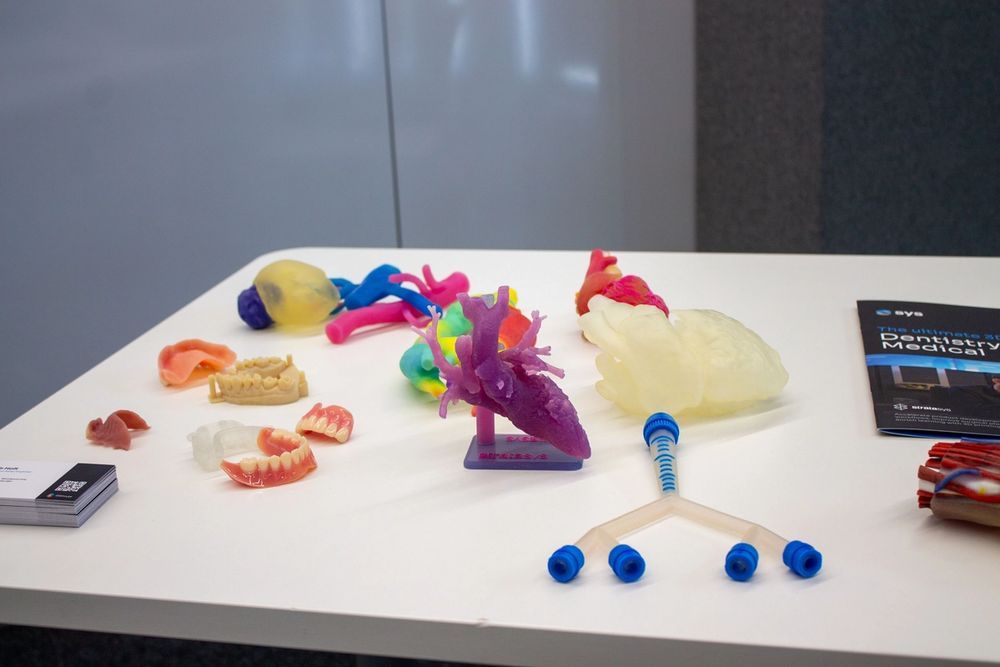
Related News & Events
No results, please try changing the filters
Stay up to date
Subscribe to our newsletter to receive news on the latest updates and projects in health and social care research.